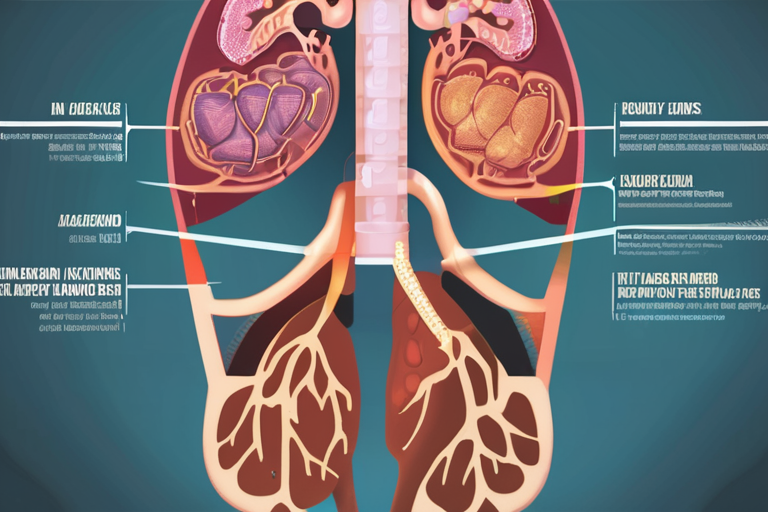New Developments in Fatty Liver Disease: Study Uncovers Hidden Killers


Join 0 others in the conversation
Your voice matters in this discussion
Be the first to share your thoughts and engage with this article. Your perspective matters!
Discover articles from our community

 Hoppi
Hoppi

 Hoppi
Hoppi

 Hoppi
Hoppi

 Hoppi
Hoppi

 Hoppi
Hoppi

 Hoppi
Hoppi

Hidden Fat Linked to Faster Heart Aging, Study Finds A groundbreaking study published on September 6, 2025, by UK Research …

Hoppi

Ultra-Processed Foods Linked to Inflammation and Chronic Diseases A recent study published by researchers at Florida Atlantic University has found …

Hoppi

The Hidden Enemy: Visceral Fat Accelerates Heart Aging A groundbreaking study published on September 6, 2025, by UK Research and …

Hoppi

Hidden Fat Linked to Faster Heart Aging, Even with Exercise A groundbreaking study published on September 6, 2025, by UK …

Hoppi

Scientists Uncover Hidden Mechanism Linking Alcohol to Fatty Liver Disease A groundbreaking study published by Mayo Clinic researchers has shed …

Hoppi

Treating High Cholesterol Could Become A One-And-Done Treatment A groundbreaking innovation in the pharmaceutical industry could revolutionize the way high …

Hoppi